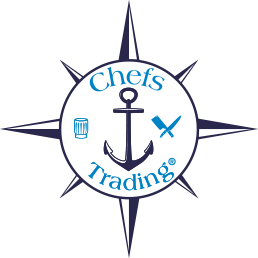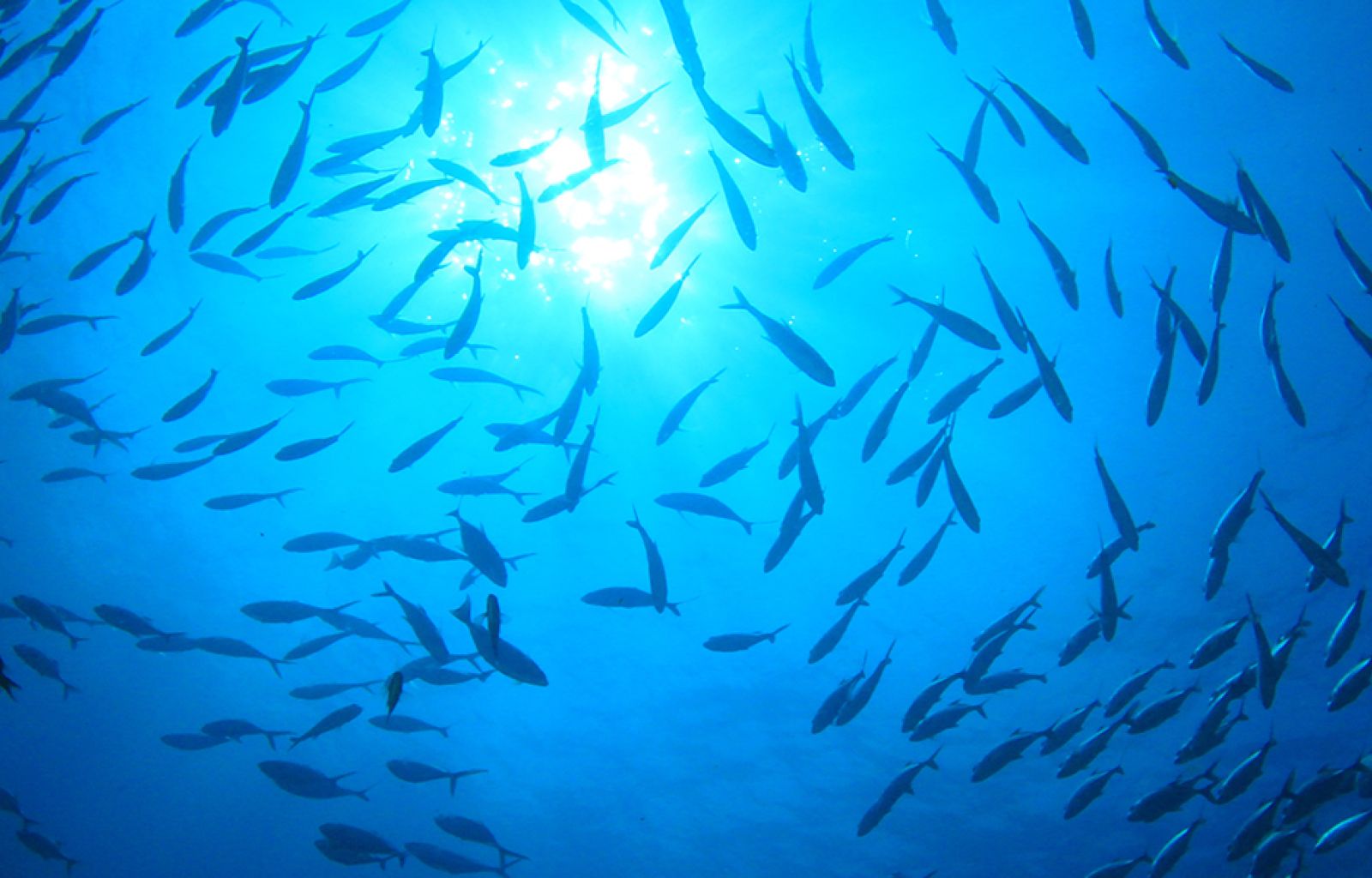 Should seafood lovers in Pittsburgh miss out on fresh fish simply because they live in a landlocked city? Charles Dwan and Chris Wirges, two former chefs, didn’t think so. As veterans of the Washington, DC restaurant scene, they had experienced first-hand both the supply and demand sides of the international industry and they knew there had to be a better way to get fresh seafood into the hands and on the tables of inland chefs, restaurants, fish markets, food services and buying groups.
Should seafood lovers in Pittsburgh miss out on fresh fish simply because they live in a landlocked city? Charles Dwan and Chris Wirges, two former chefs, didn’t think so. As veterans of the Washington, DC restaurant scene, they had experienced first-hand both the supply and demand sides of the international industry and they knew there had to be a better way to get fresh seafood into the hands and on the tables of inland chefs, restaurants, fish markets, food services and buying groups.
Together, they founded Chefs Trading and began building a vetted network of fisheries and far-reaching distribution channels to deliver and serve fish direct from the source. But how exactly do you manage communications, ordering, packaging, shipping and delivery of tuna and swordfish caught off the coast of Costa Rica one minute and salmon, halibut and steelhead trout out of the Pacific Northwest the next?
In the beginning, you do it with sixteen-hour days, transcribing text messages from international fisheries into spreadsheets, trafficking emails back and forth with stateside buyers and racing against the clock to get it all turned around while the fish was still fresh. Mistakes were made. Errors didn’t get caught. The guys weren’t sleeping. The situation was untenable.
Getting Hooked on FileMaker
Dwan, a self-avowed DIY’er and dedicated Apple user, wanted a stable platform from a reputable company he could teach himself how to use. He chose FileMaker. “It was the first major expense,” he says. “The first thing we spent money on. But things were so hectic, I knew we were going to lose more than just money without it.”
Using the tutorial tools provided by FileMaker, Dwan was able to build out a custom solution that met his basic needs. Text messages from fisheries with availability became line items. Line items turned into customized pricing sheets Chefs Trading could email to restaurants. Emailed responses with requests from buyers became purchase orders sent directly back to the fisheries. Orders were filled on site in Costa Rica, Ecuador, Mexico and Puget Sound and shipped directly to buyers and end consumers. Sixteen-hour days became the somewhat more reasonable ten.
A Seafood Importer Meets Anchor-Buoy
“I still wasn’t sleeping, though,” Dwan recalls. If he wasn’t waist-deep in managing seafood shipments, he was wading in the developer waters. And rapidly approaching rocky shores. “I wanted the system to do more. I wanted our business to do more. So I hired a professional.”
Chefs Trading reached out to Sounds Essential, a small development firm based in the mountains of western North Carolina. Together, they took a deep-dive into the FileMaker platform and explored ways they could leverage its robust features to meet and expand upon the vision Dwan and Wirges had for the company.
The plan was systematic but aggressive, and they started at the bottom: standardizing naming conventions, rebuilding the relationship graph, organizing the scripts, and updating the layouts. They implemented security and trapped for errors.
Next, they automated procedures, like sending out customized pricing lists to consumers and compiling multiple buyer requests into single purchase orders for the fisheries. A WebDirect portal let fishermen enter their product availability directly into the system from the boat. That same portal let buyers across the US see that availability and place their orders. An integrated shipping module sent labels and formatted customs documentation directly to the fisheries.
Ten hours became four and Chefs Trading started setting the pace, raising industry standards and breaking records. “We can do more, and do it from anywhere,” says Dwan, lying in a hammock. “Last week, we turned around 4000 pounds of fresh tuna in 97 seconds. And the week before that, we processed and imported 2000 pounds of fresh fish while hiking to the top of Machu Pichu. And we did it all because of FileMaker.”
Casting a Wider, More Sustainable Net
Seventy-one percent of the Earth’s surface is covered with water and more than 3.5 billion people depend on the ocean for their primary source of food.
“It doesn’t matter if you eat seafood or not,” says Dwan. “If the world’s seafood stocks fall much further from where they are now, there will be a domino effect. People will starve. Medicines won’t get made. Whole economies will go belly up. Everything is connected.”
That’s why simply being a successful seafood importer wasn’t enough for Chefs Trading. And why, when their Workplace Innovation Platform streamlined their day-to-day operations, Dwan and Wirges didn’t simply take off for the beach.
Instead, they further leveraged their custom FileMaker application to be a force for good in the seafood industry and in the world. All Chefs Trading products come with trademarked CT traceability tags that trace their products back to the boat/Captain, location caught, method of harvest and much more ensuring that the product is legally harvested. Scan the QR code on a CT-Tag® and get the peace of mind that you’re supporting sustainability.
Even more importantly, though, is the role Chefs Trading has played in developing a revolutionary market support group that provides financial backing to support the work toward sustainability at the fishery level. These Fishery Improvement Projects, or FIPs, have brought together local, regional, national and international actors committed to ocean and seafood sustainability at every level. A portion of proceeds from each Chefs Trading sale is donated to a FIP, and those donations are tracked and calculated in their FileMaker solution.
It’s a complex process made even more so by the diversity of people who must participate in order for it to be successful. But to hear Dwan tell it, all you need is FileMaker.
“Our custom FileMaker application gives us time to explore and manage other aspects of the industry instead of managing work. Managing FIPs with FileMaker provides a portal of accountability and trackability. So a 100-year-old seafood company can track its contributions towards FIPs and then use that as an advertising tool. Consumers can track the fish they eat and verify it was caught legally. You can’t have sustainability without traceability. And we couldn’t have either, without FileMaker.”





